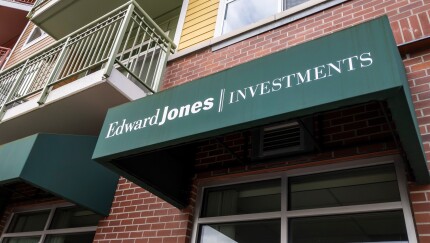Q: All we keep hearing about at my firm is “cybersecurity.” I get what I’m supposed to do: Don’t click on strange links in e-mails. Watch out for phishing attempts. Verify distribution requests with my clients verbally. Beyond that, isn’t it the firm’s responsibility to make sure its systems are buttoned up?
A: Actually, the measures you’re taking aren’t the only ones that you personally need to worry about when it comes to cybersecurity.
If you work from home, is your modem secure? If you’re working remotely from a coffee shop, is the Wi-Fi allowing hackers to access your laptop? Do you save your passwords on your smartphone in an unencrypted file? Do you use the same password for different accounts? And have you failed to speak to your clients about how they’re keeping their financial information secure?

These are just a few of the additional questions you should be asking yourself.
It might help to re-think your attitude about cybersecurity. Treating it as your firm’s responsibility,
The
Broker-dealers that get hit with cyberattacks not only lose money as a direct result of the incursions, but also
So if you can’t get on board for the sake of your employer and you’re not concerned about your clients losing money, then at least do it for the sake of your own pocketbook.
A Department of Labor rule adopted under the Biden administration had many brokers worried about their ability to work as independent contractors. A new proposal would roll it back.
The financial advisory firm initially sought an industrial loan charter back in 2020. It's the third company to receive the necessary approvals this year, joining General Motors and Ford.
Private equity in 401(k)s may face significant liquidity strains, reducing returns and complicating plan management, according to new Morningstar research.








